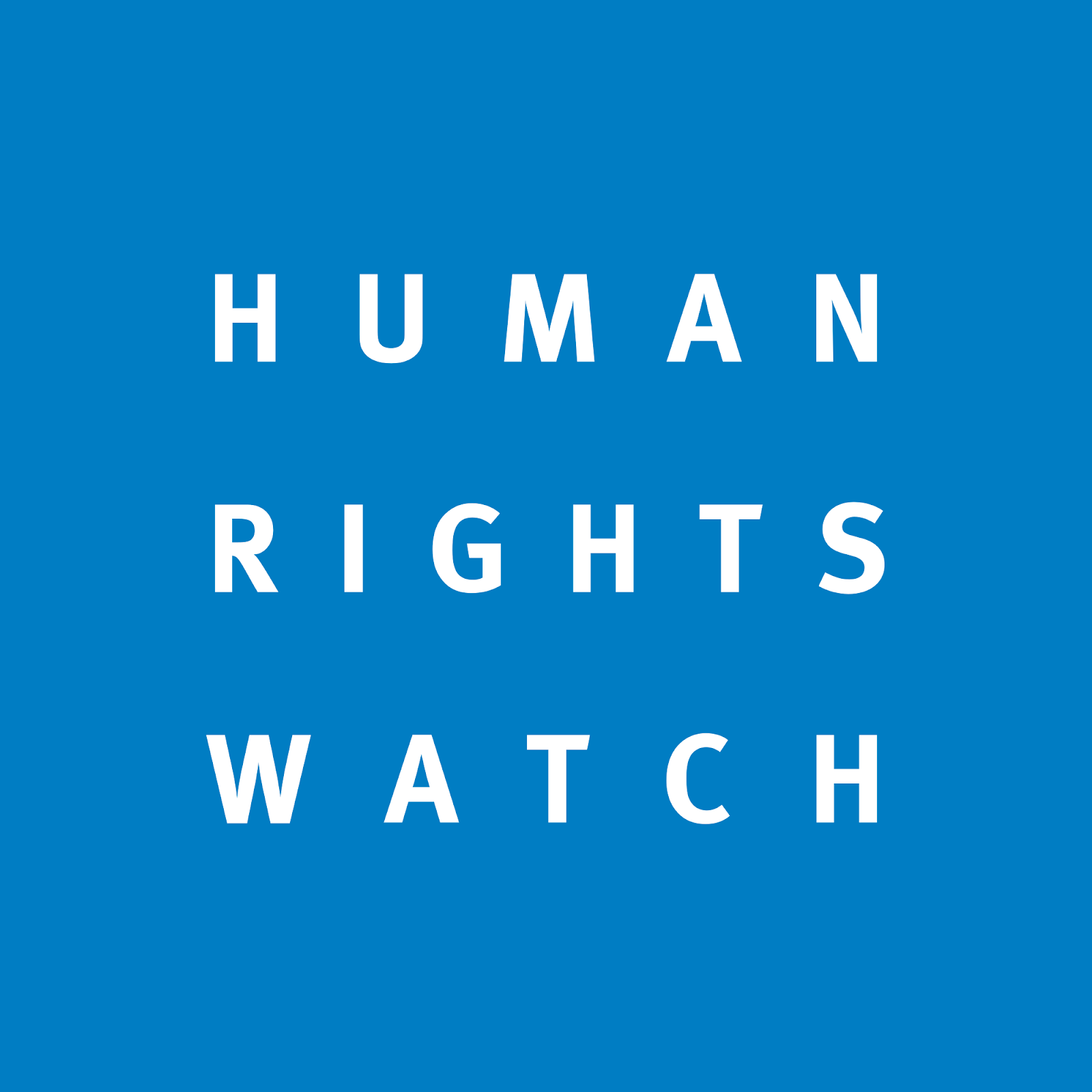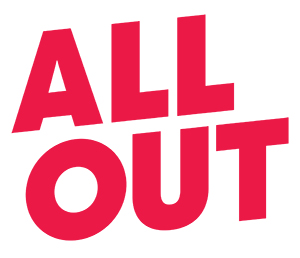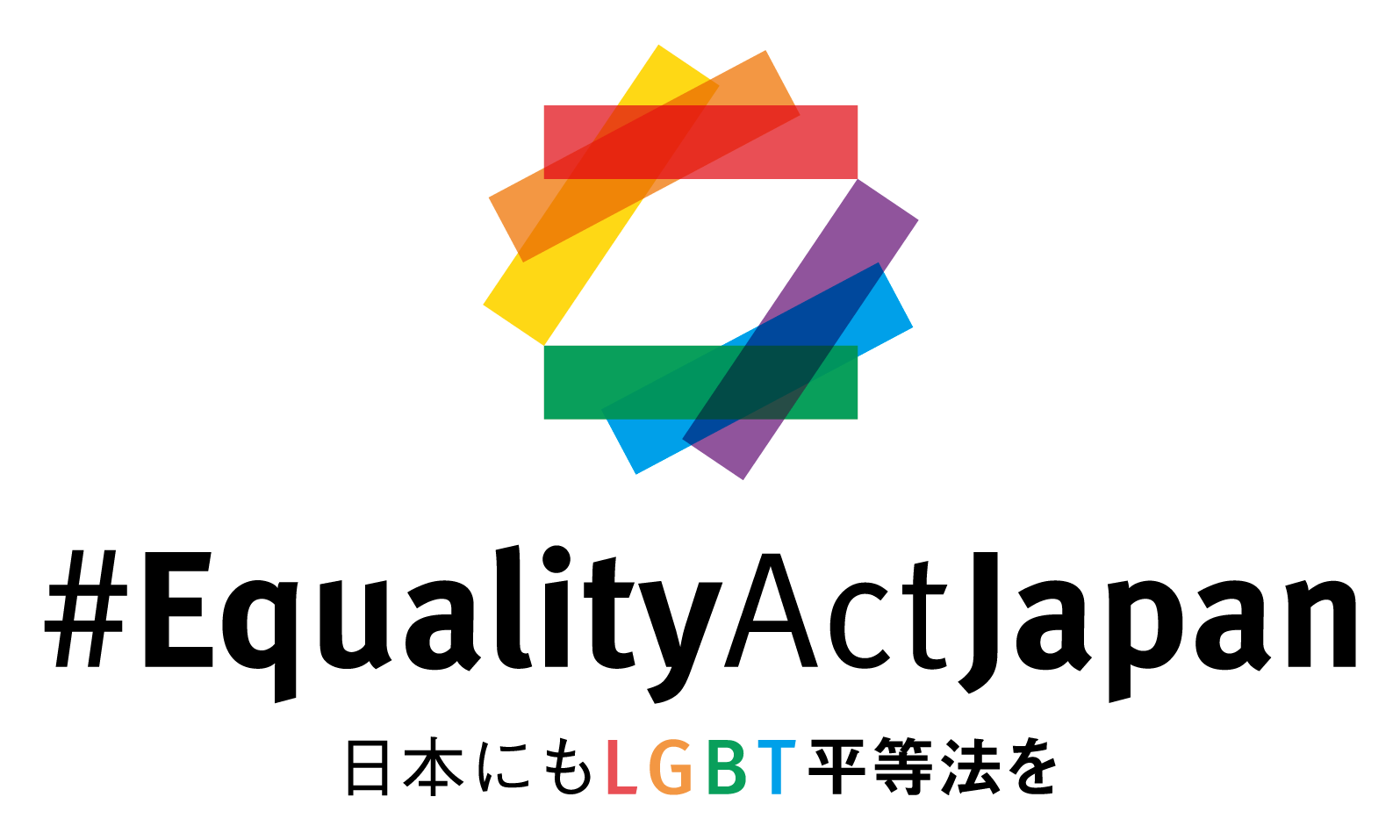The Olympics represent unity in diversity and passing on a positive legacy for the future. Japan’s lack of protection for LGBT people fails to meet the requirements of the Olympic Charter, Olympic Agenda 2020 or human rights standards.
We call on Japan’s government to introduce and enact legislation to protect LGBT people from discrimination before the Olympics.
It’s time for an Equality Act – and the countdown starts now.
Take Action
The Olympics are a once-in-a-generation moment to achieve equality.
Time is running out. Tell Prime Minister Suga to act now.
 Tweet
Tweet
Our Vision
Q&A: Why the Equality Act Matters
Why are people in Japan calling for a non-discrimination law?
Japan’s national government has yet to enact anti-discrimination legislation on the grounds of sexual orientation and gender identity. In 2018, the city of Tokyo adopted an important ordinance that protects LGBT people from discrimination. in line with the Olympic Charter and international human rights standards..
But several Olympic competitions, including the marathon, golf, fencing, race walking, and surfing, will take place outside of Tokyo in Hokkaido, Saitama, Chiba, Shizuoka, Kanagawa, Miyagi, and Fukushima prefectures. LGBT fans, athletes, and visitors in these prefectures will not be protected under Tokyo’s anti-discrimination ordinance.
The goal of this campaign is to pass a national anti-discrimination bill, or equality law, for all LGBT people in Japan.
What is Japan’s record on LGBT rights?
Japan has increasingly taken a leadership role at the United Nations by voting for the 2011 and 2014 Human Rights Council resolutions calling for an end to violence and discrimination based on sexual orientation and gender identity, and as a member of the UN LGBTI Core Group. As of July 2020, 56 municipalities in the country have passed ordinances that “unofficially” recognize same-sex relationships, and the national government incorporated protections against bullying for LGBT students in 2017.
Amendments to several labor laws in 2019 require all municipalities and large companies after June 2020 to take actions to prevent outing and other harassment. But LGBT people in Japan continue to face social stigma and enjoy fewer legal protections than other Japanese.
Is same-sex marriage legal in Japan?
Prefecture governments have passed ordinances recognizing same-sex relationships with certificates. But these are unofficial documents that are not legally binding. Support for same-sex marriage has increased in Japan in recent years. Politicians close to the Prime Minister indicated that they might consider revising the constitution, which requires the “mutual consent of both sexes” to enter into marriage, but there has been no progress to date. Others, including opposition politicians, say that there is no need to change the constitution, and Japan’s civil code could simply be changed to include same-sex marriage.
Meanwhile, 13 couples across Japan filed lawsuits in February 2019 to challenge the constitutionality of the current law, which does not recognize same-sex marriage.
Does Japan have a law that allows transgender people to change their legal gender?
Trans people in Japan have been allowed to change their legal gender since 2004, but the procedure for doing so includes arduous and discriminatory requirements. They must appeal to a family court. Under the law, applicants must undergo a psychiatric evaluation and be surgically sterilized. They also have to be single and without children younger than 20. In 2017, Japan pledged to the United Nations that they would revise this law. In 2019, Japan’s Supreme Court upheld a lower court ruling that the law did not violate Japan’s constitution. However, two of the four justices wrote that they recognized the need for reform. Trans people in Japan continue to fight for legal reform, including a case currently before a district court in which a trans woman is challenging the denial of her right to change her legal gender as a parent of a child under 20.
How does the Olympics relate to LGBT rights in Japan?
The Olympic Charter specifically protects against discrimination, including on the basis of sexual orientation. In 2018, Tokyo’s municipal government passed a bill that prohibits discrimination on the basis of gender identity or sexual orientation, linked directly to their hosting of the Olympics. In doing so, the city not only demonstrated its commitment to equal rights for all, but also to making the Tokyo 2020 games a springboard for human rights in Japan and beyond. The International Olympic Committee and the Japanese government’s decision to postpone the games for a year due to the Covid-19 pandemic gives the entire country the chance to follow Tokyo’s lead.
Do LGBT people in Japan face discrimination?
LGBT people in Japan face challenges at every stage of life. For example, surveys show that about 60 percent of LGBT people have experienced bullying at school, and about half of LGBT people face difficulties at work. Since Japan does not have a national anti-discrimination law based on sexual orientation or gender identity, LGBT people are not protected from discrimination on this basis. The proportion of people who have attempted suicide is about 6 times greater among gay and bisexual people, and about 10 times more prevalent among transgender people, than the general population.
Why advocate for an LGBT-specific non-discrimination law?
Japan already has laws prohibiting discrimination on the basis of disability and sex discrimination in employment. Previous efforts to advocate for comprehensive non-discrimination laws were unsuccessful, so LGBT rights advocates in Japan believe undertaking efforts to pass the LGBT Equality Act are appropriate as the strategy for now.
Together, we are working toward a future in which LGBT people in Japan are not treated as second-class citizens: where LGBT people can thrive and live free of stigma, violence and discrimination, and receive equal rights under law.
Human Rights Watch Japan is proud to be partnering with Japanese local NGOs on the #EqualityActJapan campaign, including the J-ALL (LGBT法連合会, Japan Alliance for LGBT Legislation) that has been a champion of the movement. Set up in 2015, J-ALL has been working for the introduction of a national LGBT equality law with its more than 80 member NGOs across Japan. For the past five years, J-ALL, closely working with international NGOs such as Human Rights Watch, has been engaging with the Japanese policy makers including the members of parliament, media, business, and the general public, to advocate for the need of LGBT equality law.
Human Rights Watch is also proud to partner with Athlete Ally and All Out on this campaign. Since 2011, Athlete Ally has been on a mission to end homophobia and transphobia in sport and activate the athletic community to exercise their leadership to champion LGBTQ equality. Through education, policy change and advocacy, Athlete Ally is building a world where everyone has equal access, opportunity and experience in sports — regardless of their sexual orientation, gender identity or gender expression. All Out is a global movement working to build a world where no person will have to sacrifice their family or freedom, safety or dignity, because of who they are or who they love.
Major companies have endorsed our campaign and signed on to the LGBT Corporate Support Letter for #EqualityActJapan, including Coca-Cola, Deloitte, EY, Intel, Microsoft, Salesforce, PepsiCo and SegaSammy.





